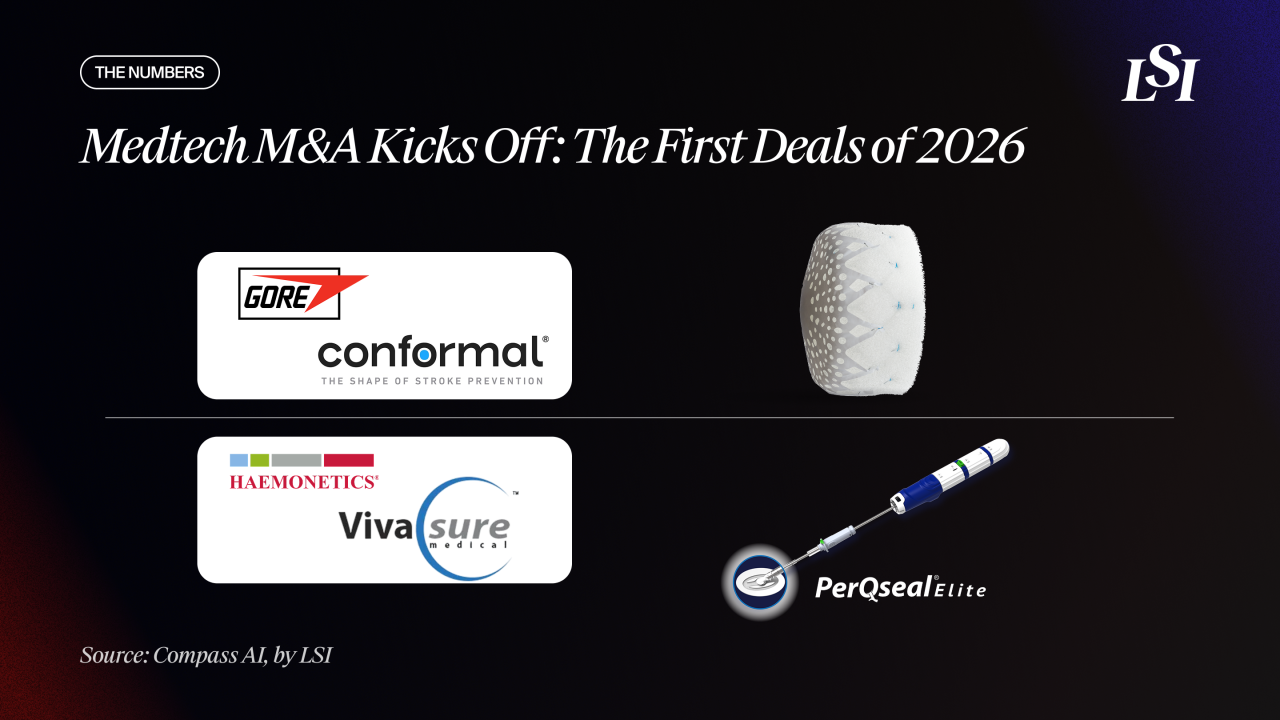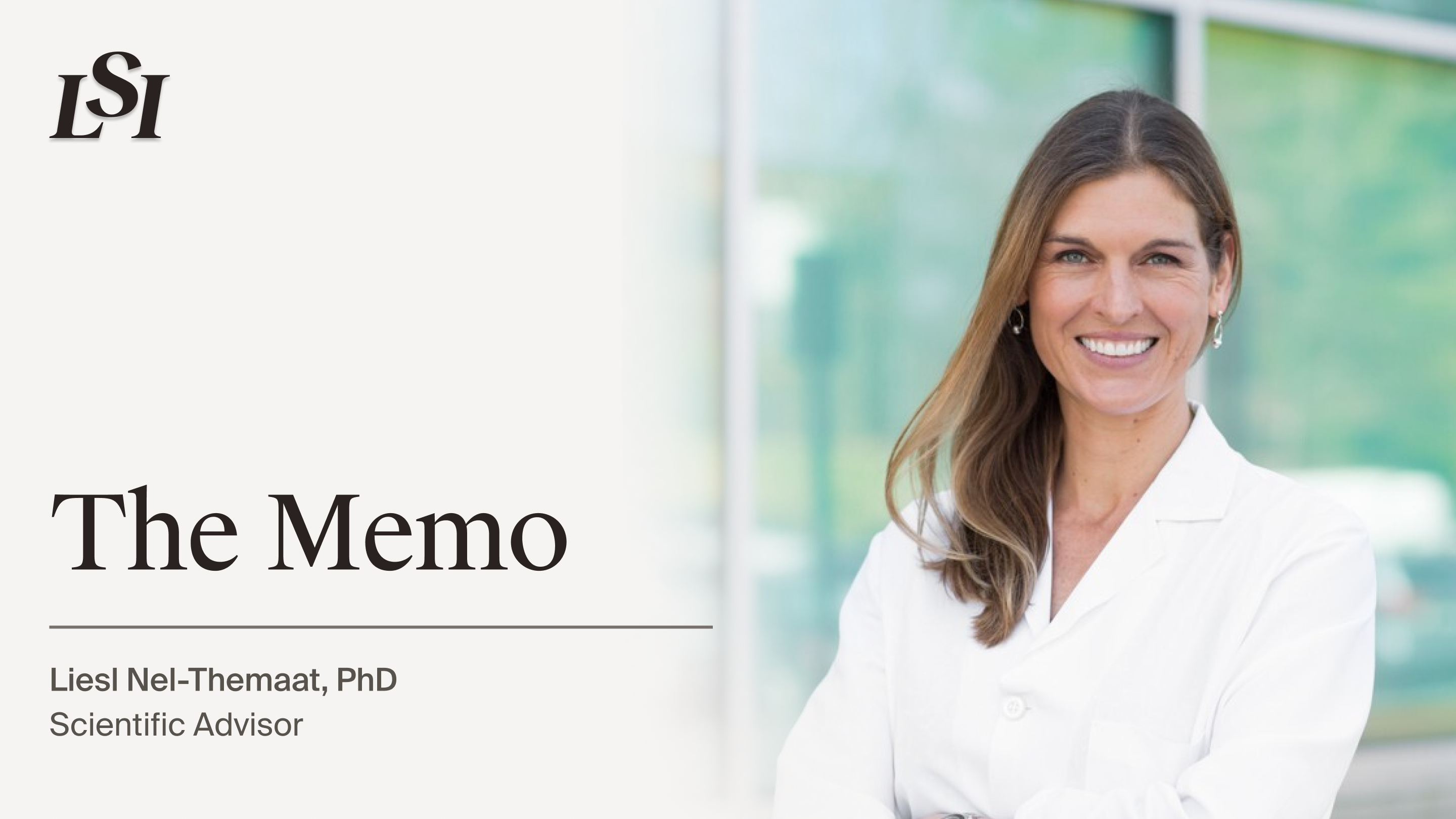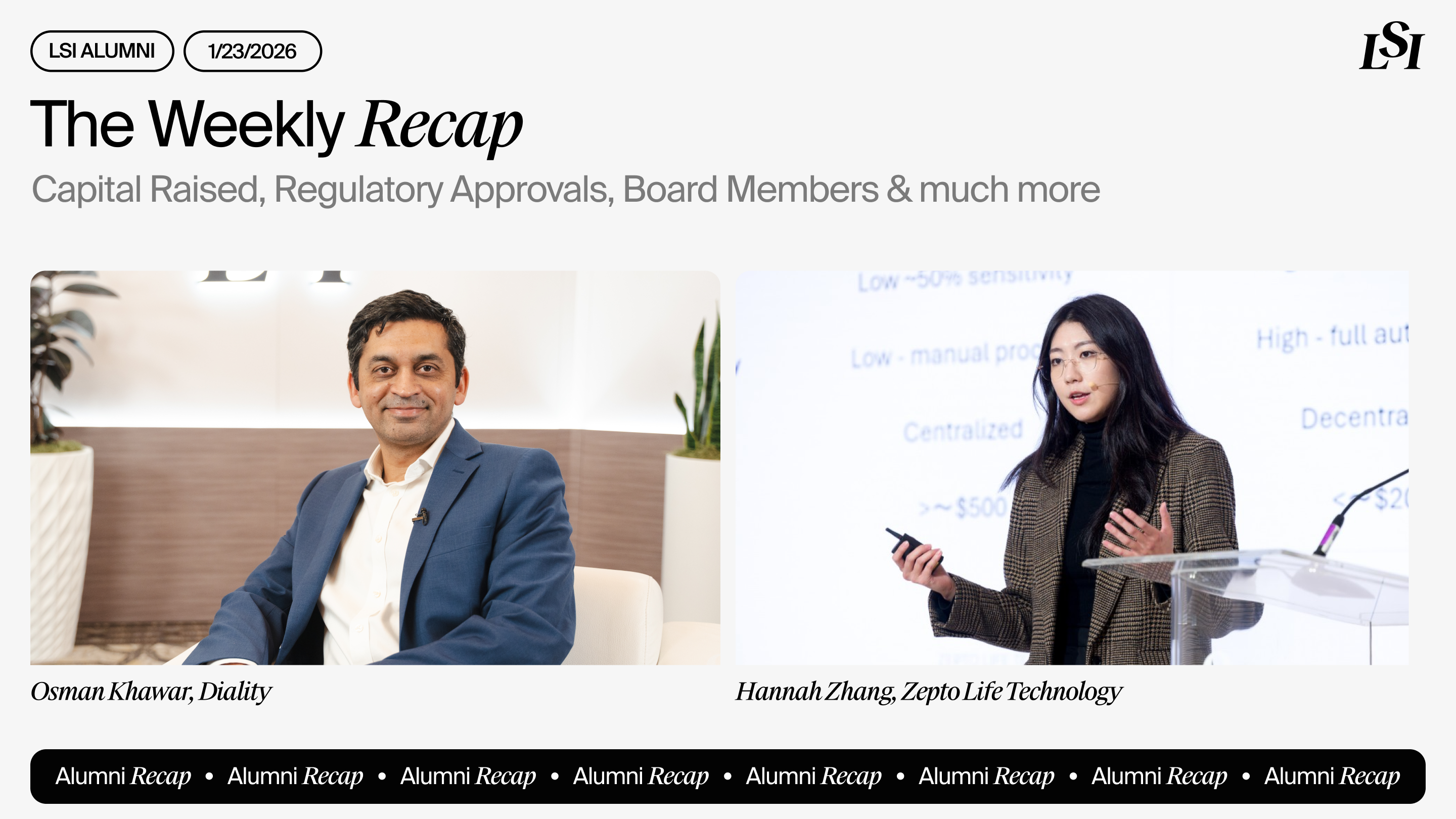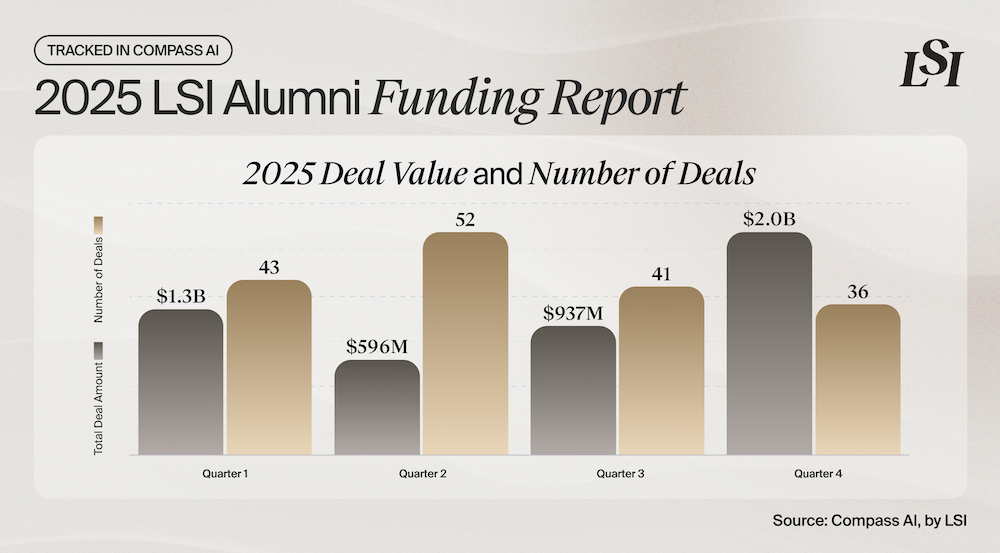
Under the direction of Founder and CEO Yosef Safi Harb, Happitech is rethinking cardiac monitoring with a next-generation smartphone-based platform, a CE-certified solution that enables long-term heart rate and rhythm tracking using only a smartphone, while also integrating with wearables and medical devices equipped with PPG sensors.
By leveraging photoplethysmography (PPG) through a smartphone’s camera and flash, or any compatible sensor or wearable, Happitech delivers medical-grade insights anytime, anywhere. The platform is intended to support clinical decision-making, expand access, and reshape how atrial fibrillation (AFib) is detected and monitored today, and how other heart conditions are detected and monitored tomorrow.
The Current Landscape
Happitech’s foundational belief is that heart monitoring should be accessible, scalable, and effortless. Today, their CE-certified platform is already integrated into more than 50% of Dutch cardiology hospitals and supports long-term cardiac monitoring via clinicians. “Clinician adoption is the most important thing,” said Harb. “We started with just one hospital, and now we’re in over 22 and growing every month, and have successfully expanded to the UK.”
Happitech complements the existing cardiac monitoring solutions but addresses a critical gap: an affordable, scalable, and long-term monitoring solution for better AFib detection. Happitech allows for long-term, intermittent monitoring using only a smartphone. “There’s a gap in what physicians can prescribe, limited-time Holter monitors or costly implantables,” Harb explained. “We enable clinicians to monitor patients using smartphone-based technology embedded within existing apps, offering low-cost, long-term access without the need for additional devices.”
Critically, the data speaks for itself. In clinical settings, Happitech’s platform has been shown to:
- High sensitivity and specificity 95-98.1% in the detection of AF in a highly prevalent setting1,2
- Detect 29% more cases of AFib3
- Reduce hospital readmissions by 94%3
- Improve cardioversion workflow procedures by 15%
Now, Happitech is scaling this approach to a national level. Backed by the Dutch Heart Association, Dutch Cardiology Association, Siemens, Roche, and AstraZeneca, the company and partners just kicked off a massive 160,000-person AFib screening initiative in the Netherlands.
“We’ve been extremely capital efficient,” said Harb. “We’ve proven we can get technology approved, adopted in hospitals, and used at a national scale. We’re not just talking the talk; we’re doing it.”
We are ready to scale, and now is the right time to accelerate our growth with the help of the right partners.
Origin Story
Happitech was founded during the early rise of consumer wearables, but its approach was different from the start. “There was a huge promise that wearables could bring, but the people who needed them the most usually didn’t have access. The adoption of wearables among the elderly population remains low to date. There are 100x more smartphones than wearable devices,” Harb explained. “We started to look at what technology already exists in people’s hands, and realized we could monitor the heart using just a smartphone.”
Teaming up with cardiologists in the Netherlands, Harb and his team built an early prototype in 2016. The goal: detect heart rhythm disorders using only the phone’s camera and flash, no wearables or external devices required. The problem was clinically significant. Arrhythmias like AFib often go undiagnosed due to the limitations of 24-hour to 30-day monitoring windows. “Episodes can happen outside the time of monitoring,” said Harb. “If they’re not detected in a timely manner, it can lead to complications, especially stroke.”
Personal motivation also shaped the company’s direction. “Unfortunately, around that time, my dad had this issue. That really hit home,” he shared.
The company’s name, Happitech, is a nod to its ambition to serve as “the API that powers health apps and health technologies,” enabling other platforms to access medical-grade vital sign monitoring through a simple software development kit (SDK).
Inside the Innovation
Happitech’s patented technology uses PPG, which detects tiny color changes in the fingertip as blood flows through the capillaries. When a user places their finger over the smartphone camera, the software captures a PPG waveform that reflects the heart’s activity. While PPG is used in many wearables, Happitech’s breakthrough is in applying it across thousands of unique smartphone models, while maintaining clinical-grade quality.
“The challenge wasn’t just building the algorithm,” said Harb. “It was dealing with a thousand different sensors, user behaviors, and lighting conditions, and making it simple enough for a 78-year-old patient to use.”
In a 1,250-patient clinical study with an average participant age of 78, the company demonstrated high usability and accuracy. The results earned a presentation as a “late breaker” at the European Society of Cardiology (ESC) conference, one of the most prestigious stages in cardiology.
Another differentiator? Data. Because Happitech’s deployments are rooted in clinical care, not consumer wellness, the company collects highly specific, real-world data from AFib-positive populations. This continuous stream of clinical data fuels improvements to the algorithm over time.
While Happitech is a software company, its go-to-market strategy is built like that of a medtech company. “We didn’t follow the typical SaaS model,” said Harb. “We followed a traditional medical device strategy: gather evidence, partner with key opinion leaders, secure reimbursement, and focus on clinical impact.”
Progress and Milestones
In Europe, Happitech is well into commercialization. With CE certification in hand, the company has built a strong clinical base, expanded into over 22 hospitals, and demonstrated robust health outcomes and patient satisfaction. The next step: international expansion.
“We’ve built the playbook in the Netherlands,” said Harb. “Now, we’re expanding to the United States; that’s the most important market to us right now.”
The company is currently closing out a $5 million funding round to support this growth. Though still seeking a lead investor, the round is already over 75% subscribed with strong follow-on interest.
Key milestones include:
- CE certification as the first smartphone-only SDK for heart rate and rhythm
- Deployment in >50% of Dutch cardiology hospitals
- 160,000-person AFib screening initiative in the Netherlands
- Strategic partnerships with Siemens, Roche, AstraZeneca, and the Dutch Heart Association
- Late breaker ESC presentation with elderly patient cohort
- Demonstrated outcome improvements in AFib detection and reduced readmissions
Most importantly, Happitech is positioned as a top-of-funnel solution in the diagnostic pathway. “We’re not here to compete, but to complete the diagnostic toolbox,” Harb said. “Doctors can use us to screen thousands of patients easily, then escalate to a patch or implantable if needed.”
The LSI Effect
As Happitech looks to scale internationally, LSI has become a strategic partner in building relationships pivotal for the company, board members, advisors, and strategic partners. “It’s a superbly organized event that allows for deep conversations,” said Harb. “You can hear the behind-the-scenes from investors and founders and build real relationships over a few days. That’s why we keep coming back.”
Join Us at LSI Europe ‘25
Harb has been selected to present at LSI Europe ’25 (September 7–11) in front of hundreds of global medical technology companies. Join us in welcoming him to the event in London, where he will share the latest updates on Happitech’s technology and development.

Schedule an exploratory call
Request Info17011 Beach Blvd, Suite 500 Huntington Beach, CA 92647
714-847-3540© 2026 Life Science Intelligence, Inc., All Rights Reserved. | Privacy Policy










